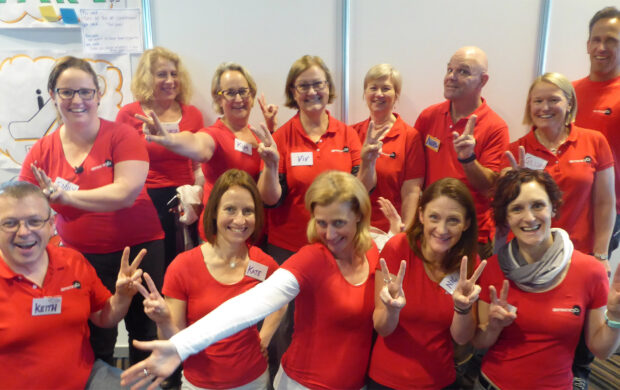Mexico City is carrying out a unique experiment in democracy; crowdsourcing the contents of its new constitution. Using Change.org and a specially designed publishing platform, residents can contribute to the drafting process and petition to have their legislative suggestions included in the final draft.

Mexico City has previously been governed as the Distrito Federal, due to its status as the seat of the federal government. This means it has had little governance input from its actual citizens. But the city has recently been successful in bringing back some control into the hands of its citizens, and has taken a pioneering approach to drafting its new constitution. The Mayor, Miguel Angel Mancera, writes that “[we] are initiating a new stage in our city, based on a constitution which agrees with our values and aspirations, which will be the product of an extensive consultative and deliberative process.”









